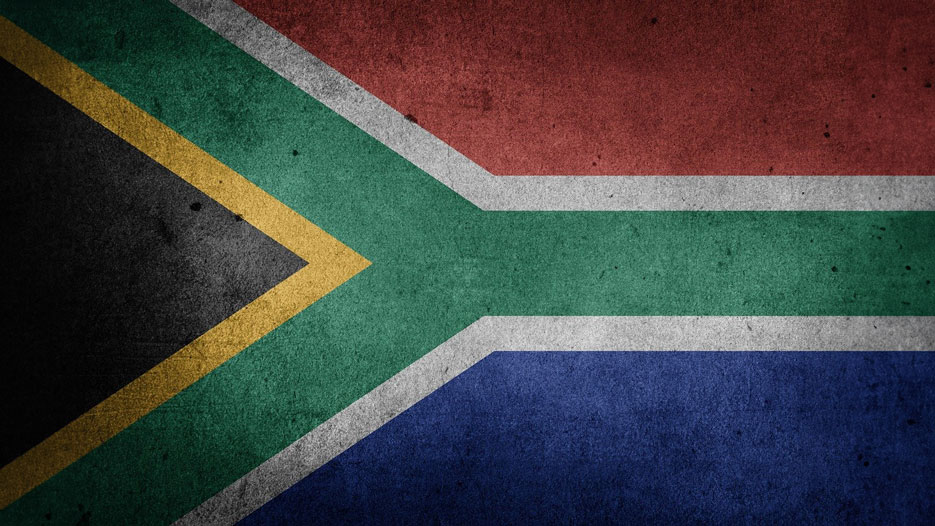Reviving the Rainbow Nation: South Africa’s Economic Transformation Journey

South Africa, the continent’s most industrialized nation, possesses a mixed economy with robust infrastructure, abundant natural resources, and a diverse industrial base. Despite these strengths, the country faces numerous economic challenges that have impeded its growth and development.
The South African economy is the second-largest in Africa, trailing only Nigeria. It features a well-developed financial sector, a strong industrial base, and significant agricultural and mining activities.
As one of the world’s largest producers of gold, platinum, and chromium, South Africa’s mining sector is a cornerstone of the economy, contributing about 8% to the GDP and employing a substantial portion of the workforce. However, this sector faces challenges such as fluctuating global commodity prices, labor unrest, and regulatory uncertainties.
Manufacturing in South Africa ranges from automotive and machinery production to textiles and chemicals, with the automotive industry being a significant contributor to exports. Despite its potential, the manufacturing sector struggles with high production costs, energy supply issues, and competition from imports.
Agriculture, while accounting for a smaller share of the GDP, remains vital for employment and rural development. Key products include corn, sugarcane, fruits, and wine. However, the sector’s growth is hindered by droughts, land reform policies, and access to finance.
The financial sector in South Africa is one of the most sophisticated in Africa, encompassing banking, insurance, and investment services. Johannesburg houses the Johannesburg Stock Exchange (JSE), one of the largest and most developed stock exchanges globally.
However, the South African economy faces several significant challenges. Unemployment is one of the highest globally, hovering around 30%, exacerbated by a skills mismatch in the labor market and slow economic growth. Despite being classified as an upper-middle-income country, South Africa has one of the highest levels of income inequality in the world, with a significant portion of the population living in poverty, contributing to social unrest and instability. Corruption and weak governance have undermined economic progress, with high-profile corruption scandals and inefficient public services deterring investment and eroding public trust. Additionally, the energy sector, dominated by the state-owned utility Eskom, has been plagued by operational inefficiencies, maintenance issues, and financial mismanagement, leading to frequent power outages that disrupt economic activities and deter investment.
Despite these challenges, there are significant opportunities for growth in South Africa. The country has immense potential for renewable energy, particularly solar and wind power. Investing in renewable energy can address the energy crisis, create jobs, and attract foreign investment. The digital economy also presents vast opportunities for growth; expanding internet access and investing in technology can spur innovation, create jobs, and improve service delivery. Infrastructure development, such as in transportation, healthcare, and education, can stimulate economic growth and improve the quality of life for South Africans. Public-private partnerships can play a crucial role in this regard. Moreover, South Africa can leverage its strategic location and well-developed infrastructure to become a regional trade hub. Strengthening trade relations with neighboring countries and participating in regional trade agreements can boost exports and economic growth.
South Africa’s economy is at a crossroads. While it boasts significant strengths and opportunities, the country must address its structural challenges to achieve sustainable growth and development. By tackling unemployment, inequality, corruption, and the energy crisis, South Africa can unlock its full economic potential and improve the living standards of its people. The path to prosperity requires bold reforms, effective governance, and a commitment to inclusive growth.
FAIR USE POLICY
This material (including media content) may not be published, broadcasted, rewritten, or redistributed. However, linking directly to the page (including the source, i.e. Marcopolis.net) is permitted and encouraged.